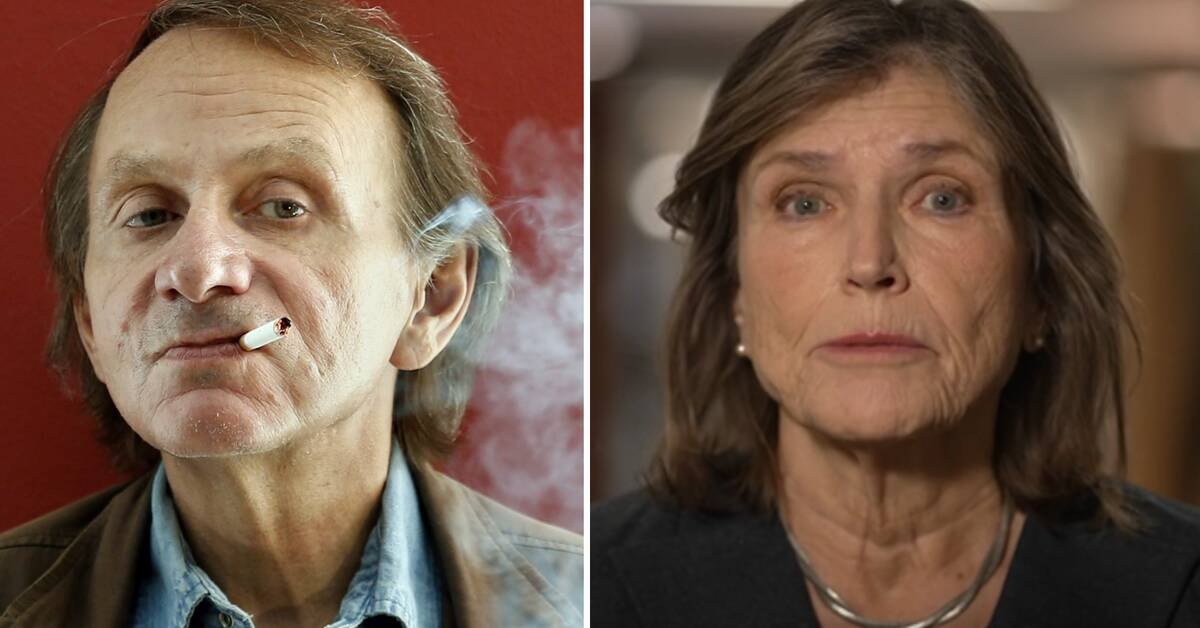In novel after novel, Michel Houellebecq has had both a frightening and alluring ability to track down what moves beneath the surface of society just before it erupts: the attack on the magazine Charlie Hebdo in "Submission" and the rebellion of the yellow vests in "Serotonin", because to mention the latest novels.
In the new "Förinta", he rather puts his finger on the bad points we already recognize.
The year is 2027
and it's closing in on presidential elections.
The main character of the novel, the reasonable Paul Raison, is the finance minister's closest man;
the political game consists of securing positions with the help of media coaches and influencers already now before the next election again, important substantive issues are completely absent in the election campaign.
Meanwhile, an eco-fascist group pursues a more concrete policy by first simulating attacks and then carrying out real attacks, all communicated using the latest digital technology that makes it impossible to distinguish fake from news.
Their message: Man is the most dangerous animal on earth and should be wiped out.
Paul's father has
worked for the security service, he has in his possession folders with material that can reveal the terrorists' next steps, but he suffers a stroke, then Houellebecq lets go of all loose plot threads wind by wave and changes the focus from fact-packed social analysis to family drama and existential contemplation.
Paul must leave the big world in Paris and go to his childhood home in a small village north of Lyon.
There is much
that is recognizable from before: the man in Houellebecq is white, lonely, frustrated and sex-fixated;
that the father has become mute is only the extreme stage of a general male speechlessness.
The women talk all the more, especially Paul's sister who is a devout Catholic and votes for Le Pen.
The latter is only mentioned in passing, with Houellebecq, ideological contradictions are always a kind of rhetorical entertainment where nothing important is at stake.
What is important is
instead the feeling of the end of everything, for man and for the individual.
We cannot, with all our scientific knowledge, believe in God's providence, but without faith there is no meaning either.
If it is not now in the small world, in the love, responsibility, care in the present.
For Paul is reaching out to his neglected family and patching up his marriage that has been dead for at least ten years.
In other words, it is a partially new Houellebecq we meet in "Förinta", less sharp, less cynical and provocative, much more melancholy and almost warm.

